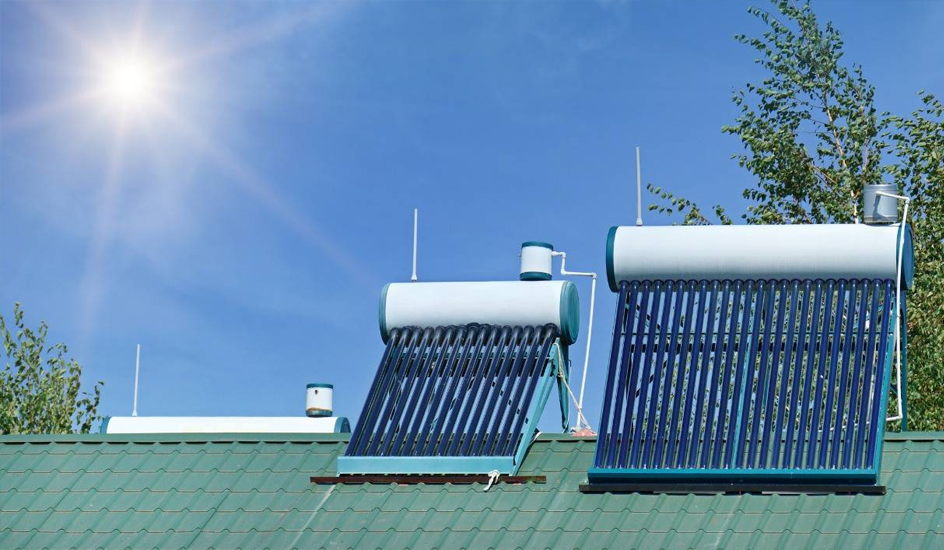Reduced Utility Bills Solar water heaters can reduce your water heating bill by 50% to 80%, depending on the system size and location. By relying on solar power, you minimize the need for electricity or gas to heat water.
Low Maintenance:Solar water heaters are low-maintenance systems with few moving parts. With proper installation and periodic inspections, they can last 15-20 years or more, ensuring reliable performance over time.
Increased Property Value: Solar water heaters can enhance the value of your property by making it more energy-efficient and eco-friendly, which is attractive to potential buyers.
Energy Independence: Using solar energy to heat water reduces reliance on traditional energy sources, providing more control over energy costs and reducing vulnerability to fluctuating energy prices.




